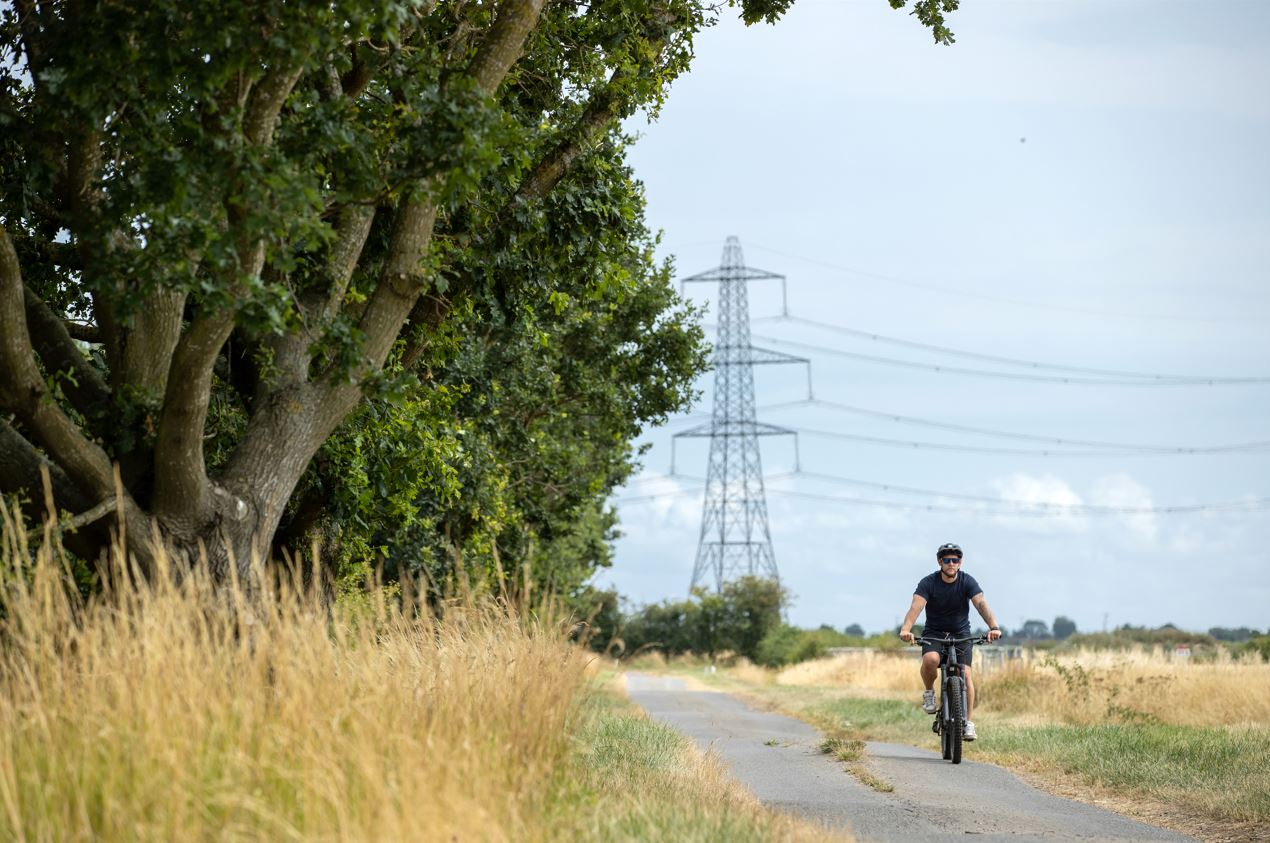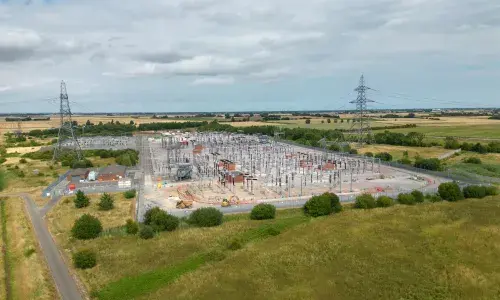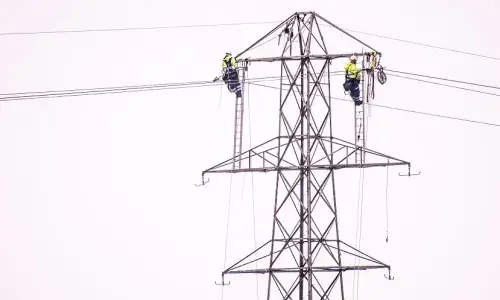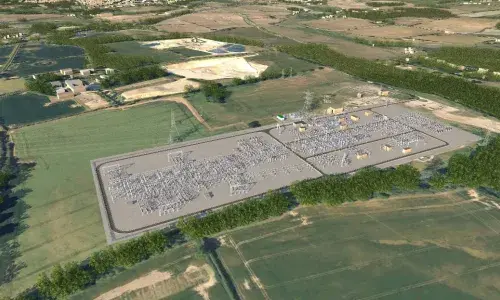
The UK Electricity Networks Commissioner’s report, and how we should think, plan and deliver transmission projects differently
As the electricity networks commissioner publishes his report on how to reduce the time it takes to deliver grid infrastructure in Britain, our president of UK strategic infrastructure, Carl Trowell, looks ahead at how we need to think, plan and deliver transmission projects differently – with communities needing to see the benefit.
Step-changes needed across all aspects of new infrastructure
Energy infrastructure is critical to delivering on the commitment for the UK to reach net zero by 2050. While significant progress has already been made towards transforming our power system, with a huge expansion in clean energy and substantial investment in our electricity networks, the scale and pace of the transformation needed over the next decade and beyond is a fundamentally different challenge to what we have done to date.
Earlier this year National Grid launched The Great Grid Upgrade, setting in motion the largest overhaul of the electricity grid in generations. But, to accelerate this energy transition, we need a far greater level of investment over a much shorter timeframe, which is going to require a step change in how we plan, consent, consult and construct new energy infrastructure.
Prioritising the voices and interests of local communities
A swift planning process is the key to accelerating the clean energy transition, however this needs to continue to balance the voice and interests of local communities.
While there is general public support for the net zero transition, nationally significant infrastructure, such as the development of new electricity transmission networks, is often – and understandably – met with concern from local communities.
If we get this right we will collectively deliver greater energy security and lower bills for consumers, as well as jobs and economic growth in all parts of the UK
If we are to achieve a level of local community acceptance for such infrastructure, it is critical that communities feel that they can engage in the process and, most importantly, feel that they benefit from hosting infrastructure.
We believe communities that host nationally significant electricity infrastructure are supporting the delivery of a national benefit. It only seems fair that they should see local benefits from doing so.
If we can get this right, the prize is significant. We will collectively be able to deliver greater energy security and lower bills for consumers, as well as jobs and economic growth in all parts of the UK - supporting an affordable and fair transition to net zero, that empowers communities and consumers.
Dramatically reducing infrastructure timelines – and delivering tangible benefits for communities
With the UK government’s ambitious targets set to boost and accelerate the country’s domestic supply of clean energy generation, they appointed Nick Winser as the UK’s first Electricity Networks Commissioner in July 2022. We consider this role to be pivotal in helping to ensure the right infrastructure is in the right places so that new, clean, more affordable energy can flow to households across the country.
Over the last year Nick and his team have been assessing how to dramatically reduce the timelines for delivering onshore transmission network infrastructure – which is vital to supporting the government’s decarbonisation ambitions. Today’s report, as an outcome of this work, is both timely and welcome, following our launch of The Great Grid Upgrade and with significant new infrastructure planned across England and Wales.
Read the Electricity Network Commissioner's report
We welcome the report’s recommendations and the focus on delivering tangible benefits for communities hosting new infrastructure. We support the need for a Strategic Spatial Energy Plan (SSEP) which should set out what needs to be built where and when, ensure there is an upfront public consultation, and have a standing in planning law. If delivered, this would help provide greater clarity to communities, reduce cost and delays to infrastructure projects and support the timely delivery of the network infrastructure required to meet decarbonisation and energy security objectives.
There is no time to waste, implementing the proposals and progressing the energy transition at pace is the surest route to more affordable bills, greater energy resilience and a more energy independent UK.


